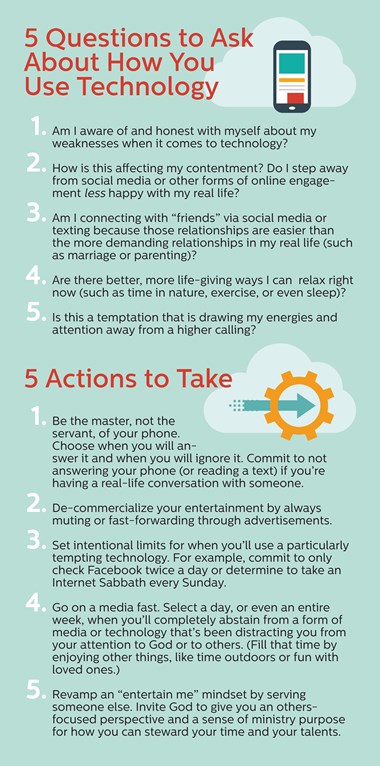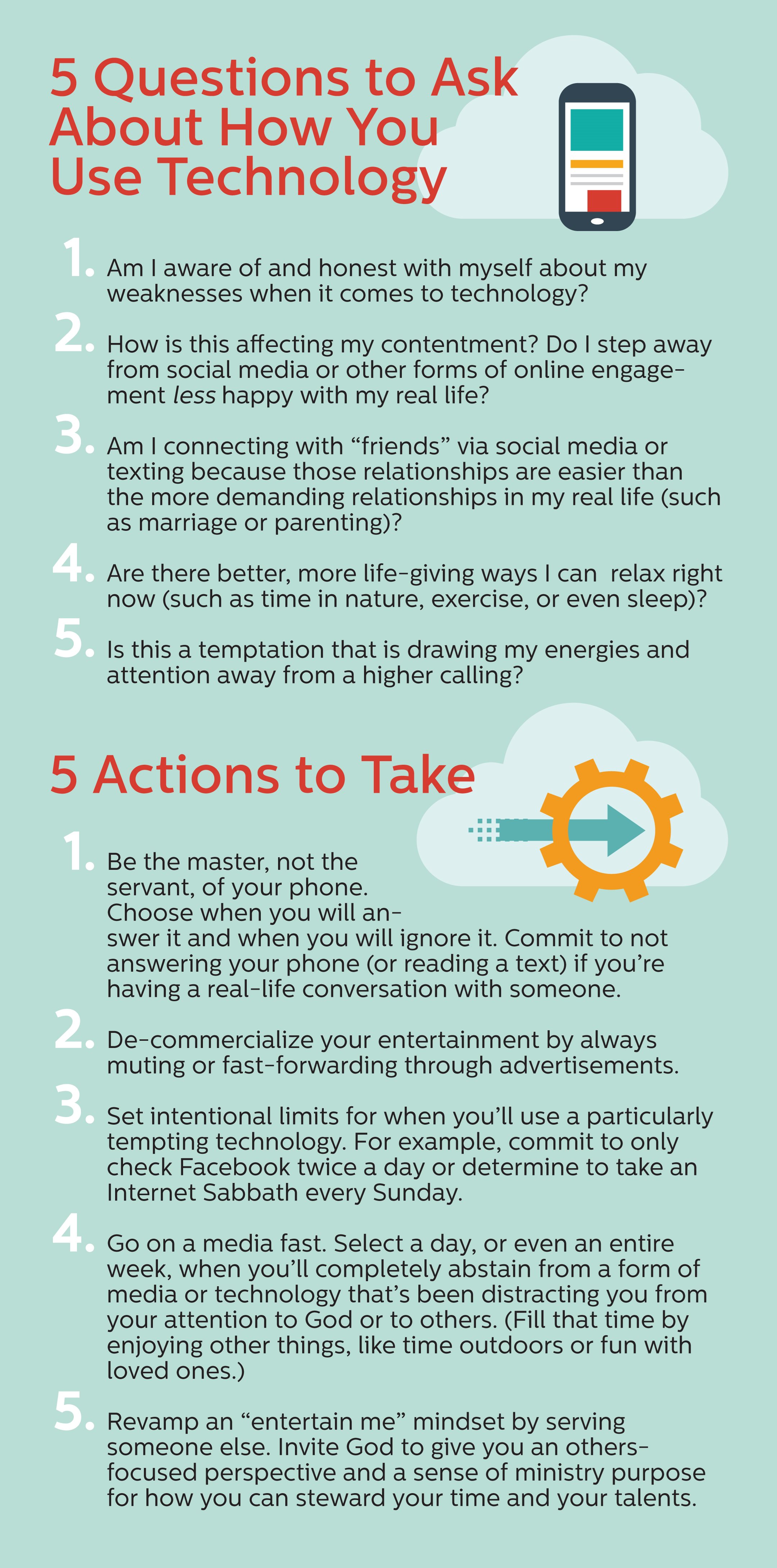Smartphones, Spirituality, and the State of Our Souls

"What is that sound?"
My friend Sarah, guitar poised to begin a time of worship for our small writers retreat, looked behind her, perplexed and trying to identify the source of the alien-like noise.
Then I heard it: a bizarre, quite loud, staticky click-click-pop.
I hurried over to my purse and grabbed my phone, jiggering with it a bit until it finally stopped its whining and we could begin our singing.
See, in a world of shiny new smart phones–genius phones–my phone is squarely in the category of dumb phone. It is the dunce of all dunces: It has no touch screen, it doesn't text, it has nothing even close to an app. All it can really do is make and receive phone calls.
At least in the phone category, I'm way—and I mean waaaaaaaaaaaay—behind the times. But that's okay with me.
Digital decisions
When an American school girl wrote to C. S. Lewis for guidance on how to become a writer, his number one word of advice to her was: "Turn off the radio." We can only wonder what Lewis—who strongly disliked the distractions of radio and television—would have thought of his stories portrayed through movies, digitally projected in high definition. Or DVRs, TVs, dish and cable and Netflix and Hulu. Or tablets, iPods, Powerbooks, and Skype! Today we live in a world that's shaped, and is continually being reshaped, by technology. Early adopters embrace it while traditionalists resist it. To some it's a great boon while to others it's a great danger.
Time and again, we're warned to strictly limit our kids' use of technology—we know too much (or even any) screen time can have detrimental effects on kids' brain development, emotional health, relational skills, and even their weight. But what about us? Does our technology usage affect us in similarly negative ways? And what about our souls? How is our spiritual health impacted by our digital choices?
What technology reveals about us
We each have weaknesses when it comes to technology, and the lure of wasting time watching too much TV is one of mine. While I try to be intentional limiting TV-watching time in favor of better pursuits, I must admit that I've also had seasons of 12-steps-worthy TV addiction. (Hey, it's tough to resist Masterpiece Mystery and Chopped!) I could blame it on my TV, but . . .
The truth is, our digital tools don't create our weaknesses—but they can certainly expose and exacerbate them. Examples abound in our culture—obsessive social media checking, an inability to maintain sustained conversations in real-life because of a compulsion to text, constantly pinning item after item that might somehow make us feel better, a need for constant noise (accompanied by an inability to be quiet and still), just to name a few. The temptations are there, the habits easily formed, that draw us to live completely distracted from God's presence and disconnected from our own real lives.
But it's certainly not all bad. Technological tools enhance our lives in so many ways, enabling us to do our daily work, keep in touch across the miles, learn more about our world (art, science, music, culture, news), and so much more.
Live through God's lens
Ultimately we need to look at our habits and choices through the lens of a critical question: How is this affecting me spiritually? Is this strengthening my faith or exploiting my weaknesses? Is this drawing me closer to God and equipping me for the life he's calling me to—or is it distracting me and detracting from the abundant life? (See sidebar below.)
Christian stewardship invites us to understand ourselves as caretakers (stewards) entrusted with God's resources, interacting with them in a way that honors, reflects, and pleases him. We're called to be wise stewards of all our resources (money, time, talents, technological tools, and so on)—seeking to carve out a whole life we understand to ultimately belong to God.
When paired together, Jesus' Parable of the Three Servants in Matthew 25:14-30 immediately followed by his teaching about the sheep and the goats (verses 31-46) provide us a great starting point for our understanding of stewardship: a life that invests, that utilizes, that seeks to honor, reflect, and please God. A life governed by choices that align with God's values and proclaim God's kingdom.
Paul also gives us critical guidance, emphasizing Christian freedom over legalistic rule-following. But in that freedom, he urges wise decision-making, reminding the Corinthians and us that "not everything is good for you" and urging, "whatever you do, do it all for the glory of God" (1 Corinthians 10:23, 31).
Ultimately, Scripture urges us to see our lives through God's lens: "For we are God's masterpiece. He has created us anew in Christ Jesus, so we can do the good things he planned for us long ago" (Ephesians 2:10). It prods us to consider: Am I following God's call for my life, doing the good he's uniquely made me to do in this world? Or, frankly and painfully, Am I wasting my life away on status updates, apps, texts, and endless hours of screen time?

These passages certainly compel us to do more than skate along with the cultural norm; indeed, Scripture urges us to live intentionally—to make purposeful choices about the life we each carve out on this planet. In response to consumerism, we can make choices guided by simplicity and contentment. In response to aimless entertainment, we can live according to a sense of calling. Rather than pilfering our moments away, we can choose a reflective, meaningful, and abundant life.
Stewardship (in actual, real life)
Wait . . .
Does all this mean we need to spiritually scrutinize our stewardship choice every time we send a text? That we must feel guilty if our kids see us on the computer? Or even guiltier if we've got a serious Pinterest habit? Does good stewardship mean that we must avoid technology altogether in order to be spiritual?
The reality is that God has placed each of us squarely within this digital age—and it is with and among these technological tools that we do what is simply human: live, work, play, interact with others, learn, and so on.
"This is a whole new world and we have the task of figuring out a way to model health and balance," says Jesus Feminist author Sarah Bessey, who has written about feeling comfortable with her kids seeing her use the computer for her work. "Neither extreme reaction to technology is sustainable or healthy—over-indulgence or addiction to our computers and phones or trying to completely unplug."
"The tools are benign," Bessey continues. "It's how we use them that betrays our motivations." She's intentional about limiting "overlap" between work time and family time, and she's mindful of her spiritual need, at times, "to unplug" through hikes outdoors or other purposeful steps away from tech use. "I think we need to be mindful consumers and wielders of technology," she explains. "Just as I teach my children how to manage a home or a budget, I want to model and teach a work-life balance as well as how to use technology for good."
Even social media, with all its potential pitfalls, can yet be stewarded for the good. Writer Charity Singleton Craig has recently revamped her use of social media after realizing that—like so many of us—she'd gotten into the habit of simply "broadcasting messages to nameless, faceless people, hoping for more likes, more shares, more follows with no thought for who might provide them." But, Craig says, "I began to realize that I was using 'social' instead of being 'social.'" Her new goal is for her social media use to reflect her values as a Jesus-follower, engaging these tools for a deeper purpose: meaningful connection with others.
"I still post interesting articles and pictures I find online, and occasionally, I even link to a post I have written on my blog or another venue," Craig explains. "But mostly, I've started using social media to ask questions. And when people answer, I listen. Then respond. I share their joy. Or I offer to pray for their pain." Along with being truly social via social media, I'd even go so far as to say that a bit of time-wasting on our phones or computers can be part of a wisely-stewarded life. Leisure has its place and we all need a little down time. God's call in our life isn't just to a heavy life of ministry without fun. We're called to a life of joy and health and humanity, so there's no need for a huge load of spiritual guilt about enjoying a game of Ruzzle now and then. The key is self-awareness and spiritual honesty, always being willing to ask ourselves the tough questions—and take action if needed.
My dumb phone—and choosing limits
So for now, like a tiny, waving flag of resistance to my weaknesses, I've got an excruciatingly dumb phone. In my wrestling with these difficult questions, this is a limitation I've chosen in order to eke out some simplicity in my life.
What about you? In your own wrestling with weaknesses and the lure of bad-tech-habits, where will you land? Engage with God, dig deep into the tough questions again and again, and choose to steward your days. Live—technology and all—a called, good-working, and abundant life.
Subscribe to TCW at this link, and sign up for our free e-newsletter to become part of a community of women striving to love God and live fearlessly in the grit of everyday life.
Read more articles that highlight writing by Christian women at ChristianityToday.com/Women
 Read These Next
Read These Next
 If I See One More Selfie . . .Finding freedom from social-media envy
If I See One More Selfie . . .Finding freedom from social-media envy Natalie Grant: Making Music to Elevate the Fight Against Human TraffickingThe award-winning artist and mother of three opens up about her latest album release, ‘Hurricane,’ and her role in the fight against human trafficking
Natalie Grant: Making Music to Elevate the Fight Against Human TraffickingThe award-winning artist and mother of three opens up about her latest album release, ‘Hurricane,’ and her role in the fight against human trafficking









 Homepage
Homepage

